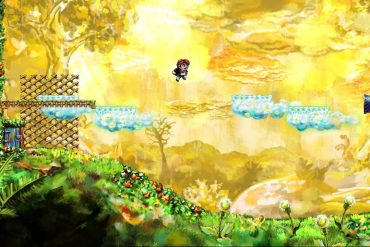June 2015: ‘Pets’
…Round Table
- Blogs of the Round Table is not curated. If you write it, we’ll publish it, as long as it’s connected to the topic and has been written specially forBoRT or up to one month prior.
- This BoRT post is the home of the discussion: as I receive new submission blogs, we’ll update the ‘BoRT Linkomatic’ so new blogs are reflected on this page immediately. We’ll also use the @critdistance Twitter account to post regular updates, so follow us!
- If your work contains potentially disturbing content, please include a suitable warning at the start. Use…







